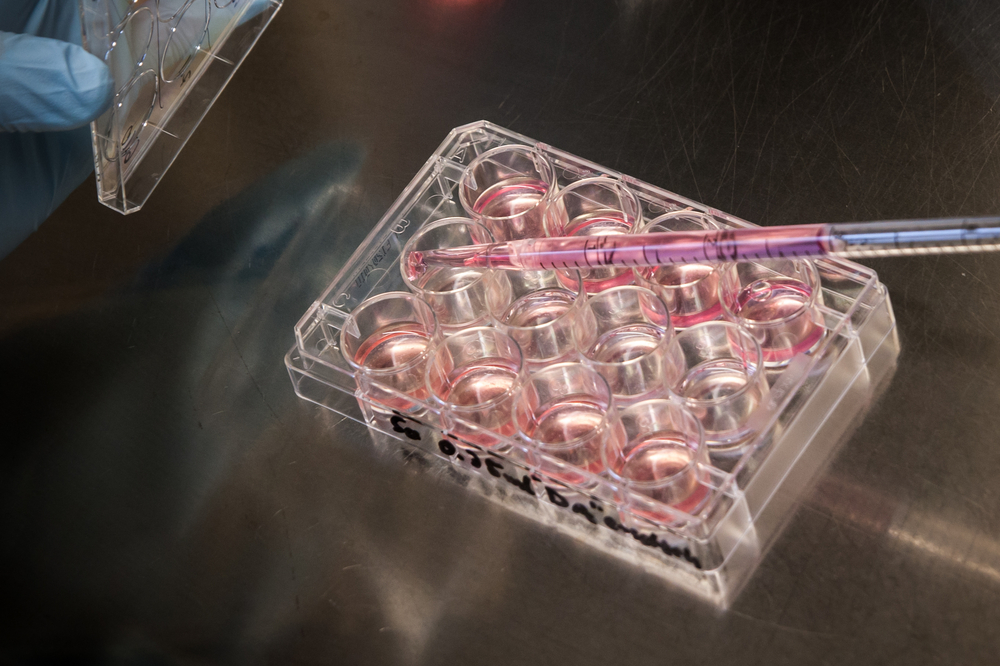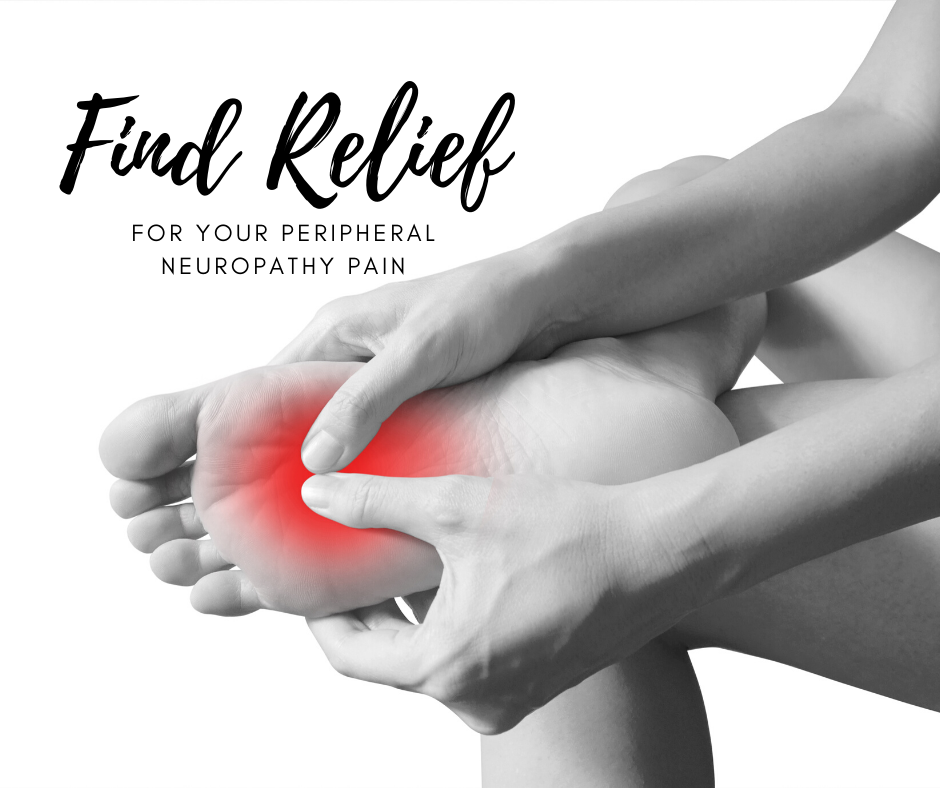The human body is one incredibly complex microorganism. It’s made up of trillions of cells, that all work together in harmony for your sake. Not a single one of those cells is there by mistake (barring cancers), and each one has a specialized job that is necessary for your health and wellbeing.
Our muscle cells help us move, our nerve cells help us experience the world around us, our blood cells transport essential vitamins and nutrients, and our white blood cells work hard to keep out foreign bodies and destroy viruses as they come.
Our cells do all this together without any conscious input from us, but they don’t always get it right. If a cell becomes damaged or diseased, what then? The answer is actually in our stem cells.
What are stem cells? They are a masterwork cell that can become different types of cells as needed. They are the stars in the field of regenerative medicine, and can be split up into one of three main types.
The Two Main Types of Stem Cell
If you were wondering what are IPS stem cells, we’re close to getting into it. To really understand what they are, however, you first need to understand the difference between pluripotent and multipotent stem cells:
Multipotent Stem Cells
These are adult cells. As we get older our stem cells get more locked into their roles, meaning that only certain stem cells can become certain cells. For example, a bone marrow stem cell in the body can become red or white blood cells, or platelet. Skin cells can become cartilage, tendon, or even bone. When it comes to what cells we use here at Bioxcellerator, the answer is multipotent stem cells, and there’s a few reasons for this:
- Multipotent or adult cells are more easily acquired from donated tissue
- Cells from donated umbilical cords are easily accepted by the human body as they don’t have the surface proteins that immune systems typically try to attack
- They keep the stem cell therapy cost far lower than if we were to offer embryonic stem cells
- There is no ethical dilemma of using adult cells, unlike with embryonic ones
Pluripotent Stem Cells
The next major type of stem cell are pluripotent stem cells. These are also known as embryonic stem cells, and they are powerful because they can become any cell in the body without limits. Acquiring these cells, however, comes with an ethical dilemma. In order to get these cells scientists need to destroy the blastocyst, and in doing so destroy the embryo itself.
Currently the only way to acquire these cells is if the owner of fertilized eggs donates them. A couple, for example, may have successfully had their last planned kid through IVF and donate the fertilized but unplanted eggs to science.
This means that embryonic cells are very rare to begin with, and, as a result, they are used almost exclusively for research purposes.
The New Way Forward: Induced Pluripotent Stem Cells
So, what are IPS stem cells? IPS stands for Induced Pluripotent Stem. Sometimes IPS cells are called iPSCs instead, and they work to essentially solve the pluripotent stem cell dilemma. How?
IPS cells are genetically reprogrammed adult cells, for example blood or skin cells. This means that we can take an adult human cell, and through IPS technology revert that cell back to its embryonic state. This is a major breakthrough, as it puts embryonic or pluripotent cells within reach as a standard treatment option in the future.
What’s stopping this from being the go-to option? At the moment, it’s cost and time. Generating a clinical IPS line (meaning it’s ready for patients) is expected to cost around $800,000. Generating a research-grade IPS line also takes a significant amount of time (9 months to 1.5 years).
So, while IPS cells offer big potential in the world of treatment, they aren’t use in treatments today.
What are Stem Cell Injections?
If you were looking into stem cell therapies and asked yourself, what are stem cell injections then, if not IPS cells, then the answer is multipotent cells. Yes, this may seem like the boring answer, but it’s also the most solid option available today.
Stem cell treatments at our clinic use Wharton’s Jelly, which can become bone, cartilage, or tendons. This is because many of our treatments cover conditions ranging from arthritis all the way to slipped discs.
You may get an IV injection, where we work to top up your system with a new range of stem cells, or alternatively you may get a direct injection. If a direct injection is necessary then we will use diagnostic imaging devices like an ultrasound to make sure the injection goes directly where it’s needed.
Most treatments come with very minor pain (a pinprick at most) while others may require you to be put under general anesthesia. It’s hard to tell you in a guide what kind of treatment you would get, as it depends on your condition, and also your health.
Want to Get Started with Stem Cell Treatments?
We always offer the latest and most cutting edge treatments in the stem cell therapy world at all the locations we cover. For now, that means we offer Wharton’s Jelly Multipotent Stem Cells (WJ-MSC). We do this because, at the moment, these stem cells offer the most exciting potential in the world of stem cell treatment.
As these treatments are elective, of course, we know just how important it is to stick with treatments that have the highest success rate for your chronic condition. That’s why we always start with an in-depth consultation, and then confer with our panel. We will only welcome you to the next step of the process if we believe that our treatment can really help you manage or even overcome your condition.
We are available to answer any questions you have about stem cells, including all about IPS cells, so don’t hesitate to get in touch with our team to learn about how stem cells can impact your health today.


